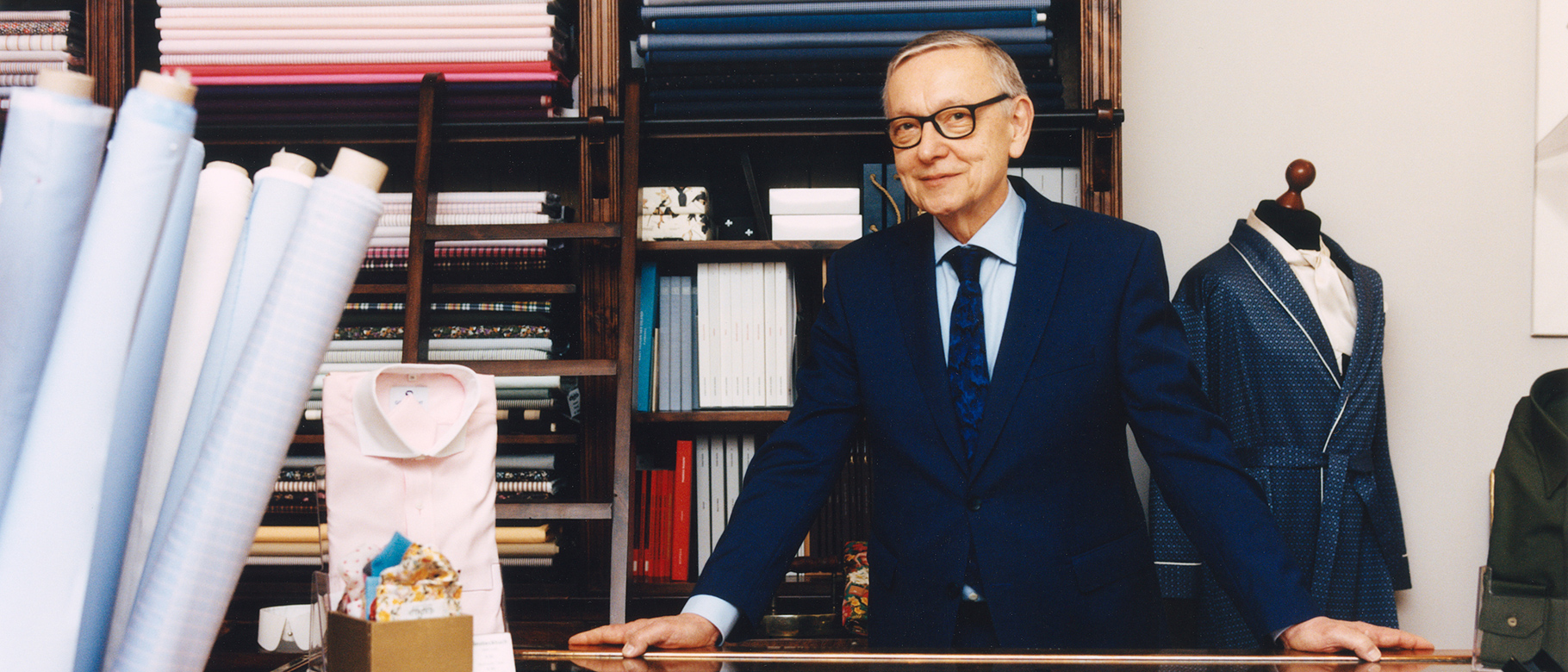

The foundation of the German Empire in 1871 kickstarted the transformation of the somewhat pokey former capital of Prussia. Within three decades, a provincial town with little by way of culture or industry became a vibrant metropolis. Modern Berlin was born.
The city bustled with tailors, shirtmakers and bootmakers who served the Imperial court. A universal system was established by the tailoring guild that evaluated the quality of a business and dictated its pricing depending on several criteria including the size of the premises and the number of employees. In the German speaking world only Vienna could compete with Berlin when it came to bespoke tailoring and shoemaking. Sure, Berlin wasn’t as elegant as Vienna but was certainly more contemporary. When Atelier Fasan was founded in 1950 by Ilse Strelow, the city was a far cry from what it had been a century before.
At the time, the destruction wrought by two world wars was still everywhere to be seen despite the efforts to rebuild. Nevertheless, post-war progress was being made; the ‘Wirtschaftswunder’ (Germany’s accelerated rebuilding programme) had created a new class of customers and they wanted smart clothes to show off their newfound wealth. Atelier Fasan was perfectly placed to meet their needs.
Strelow ran the shop until 1975, then one Dr. Langenkamp took over for six years. Following this spell, Sabine Anton became the new owner in 1981. She faithfully served her customers for 26 years and refused to retire until she had found the right person to follow in her footsteps. This is where Heinrich Sabielny enters the scene. As we sit together in the front room of the atelier, he recalls the moment that changed the direction of his life: “A friend told us that Mrs Anton was looking for someone who would buy her business because she wanted to retire. At that time my wife and I ran a shirt store in Düsseldorf.”
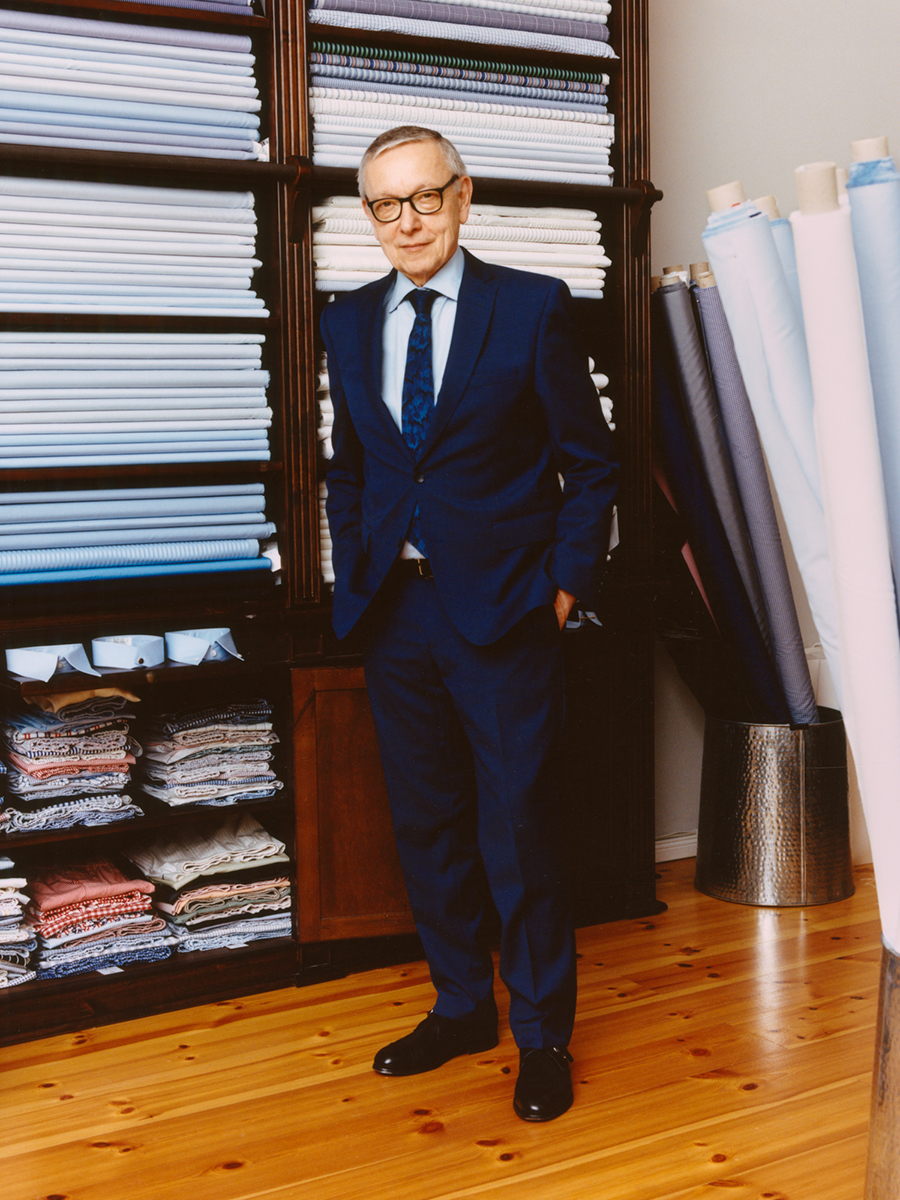
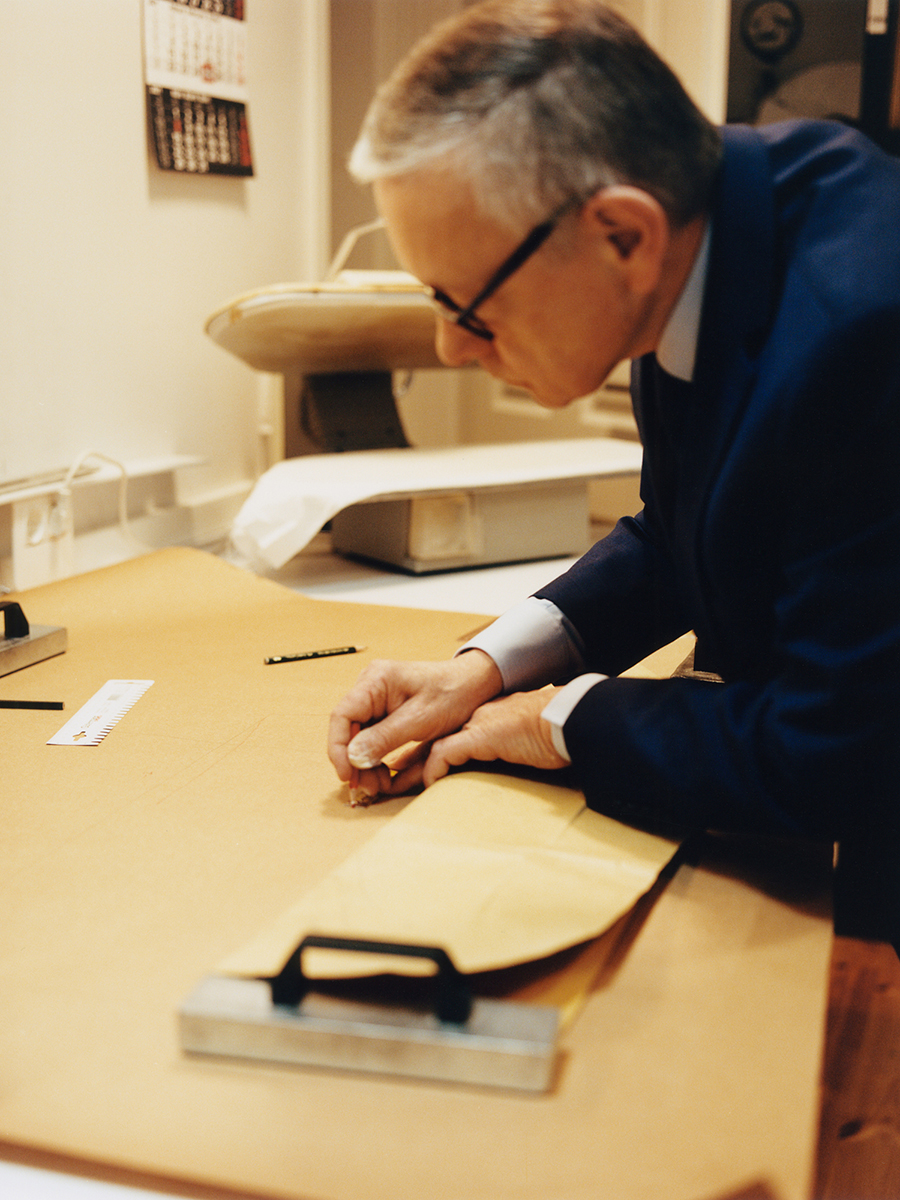
Düsseldorf is considered Germany’s most stylish and elegant town – known for its demanding customers. Moving from there to Berlin was a big step, and one that could have backfired. Nevertheless, the Sabielnys travelled to Berlin to take a look at Anton’s beloved atelier. “We had a very good impression of the place,” Sabielny says, “the customer base was solid.” After careful deliberation, they decided to take the plunge.
“After the reunification a lot of brands had moved to Mitte, the new centre of Berlin in the former eastern part of the city,” Sabielny explains while he prepares two Espressi for us. On the other hand, the city’s more affluent inhabitants all lived in West Berlin and there was no local competition: “When we took over in 2007 Atelier Fasan was the only bespoke shirtmaker left in Berlin. All the others had given up or retired and their customers were usually sent to Mrs Anton,” he says.
Thankfully, Heinrich and his wife never regretted the decision to leave Düsseldorf. “Customers in Berlin are easy-going and extremely loyal,” he says. “They were glad that Mrs Anton had found a successor for her business and we received a warm welcome from everyone. As soon as they understood that we weren’t going to try to cut corners in the production or with the fabrics they were relieved.” Even so, Heinrich introduced one new novelty. “For first time customers we prepare a try-on shirt. It’s cut from cotton poplin with a finished collar and cuffs. French shirtmakers sometimes use a collar and cuffs made of paper, but we prefer to finish the collar in cloth because it feels more like the final shirt”.
Heinrich Sabielny takes a finished shirt off its hanger and shows me the buttonholes, “these are handmade but we only sew them on request. Our collars are usually made with an unfused collar and a two-ply cotton interlining because they are more comfortable.”
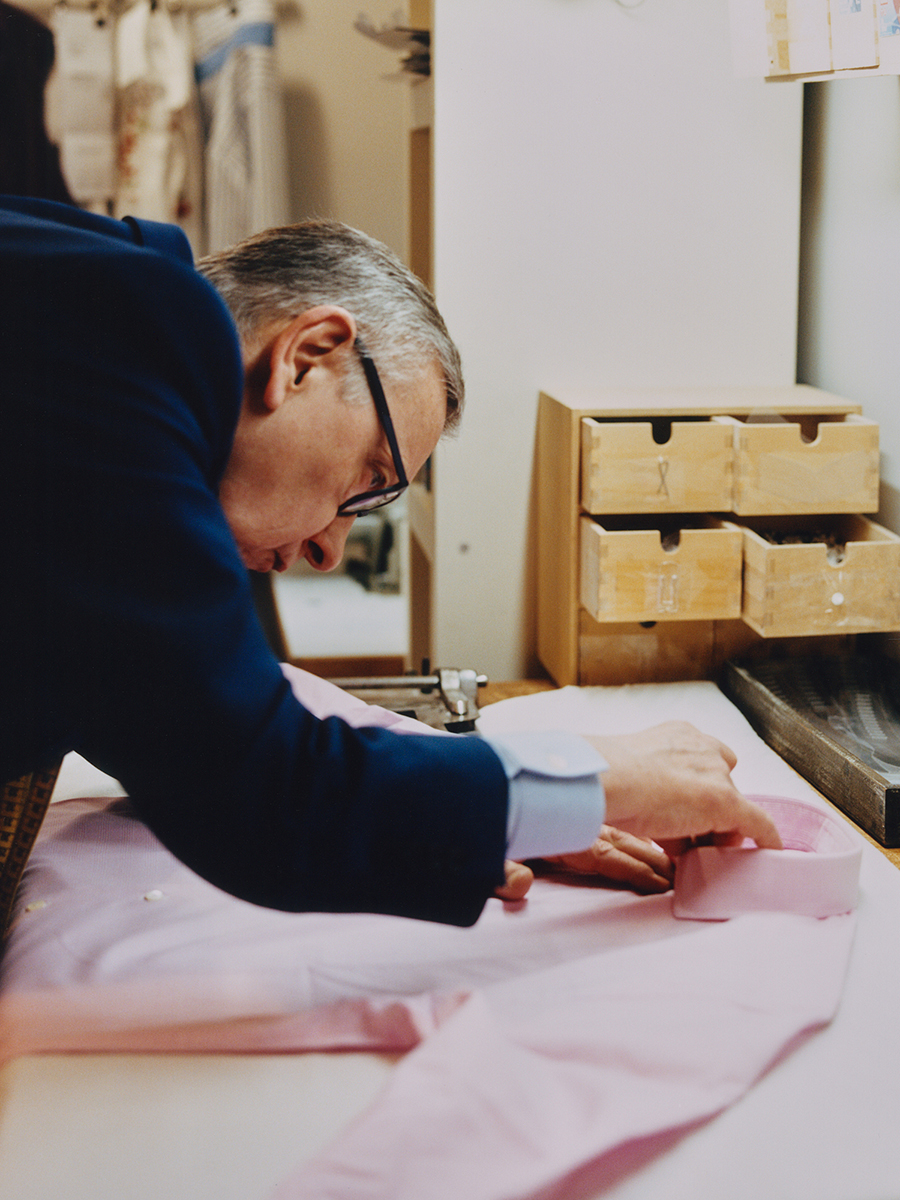
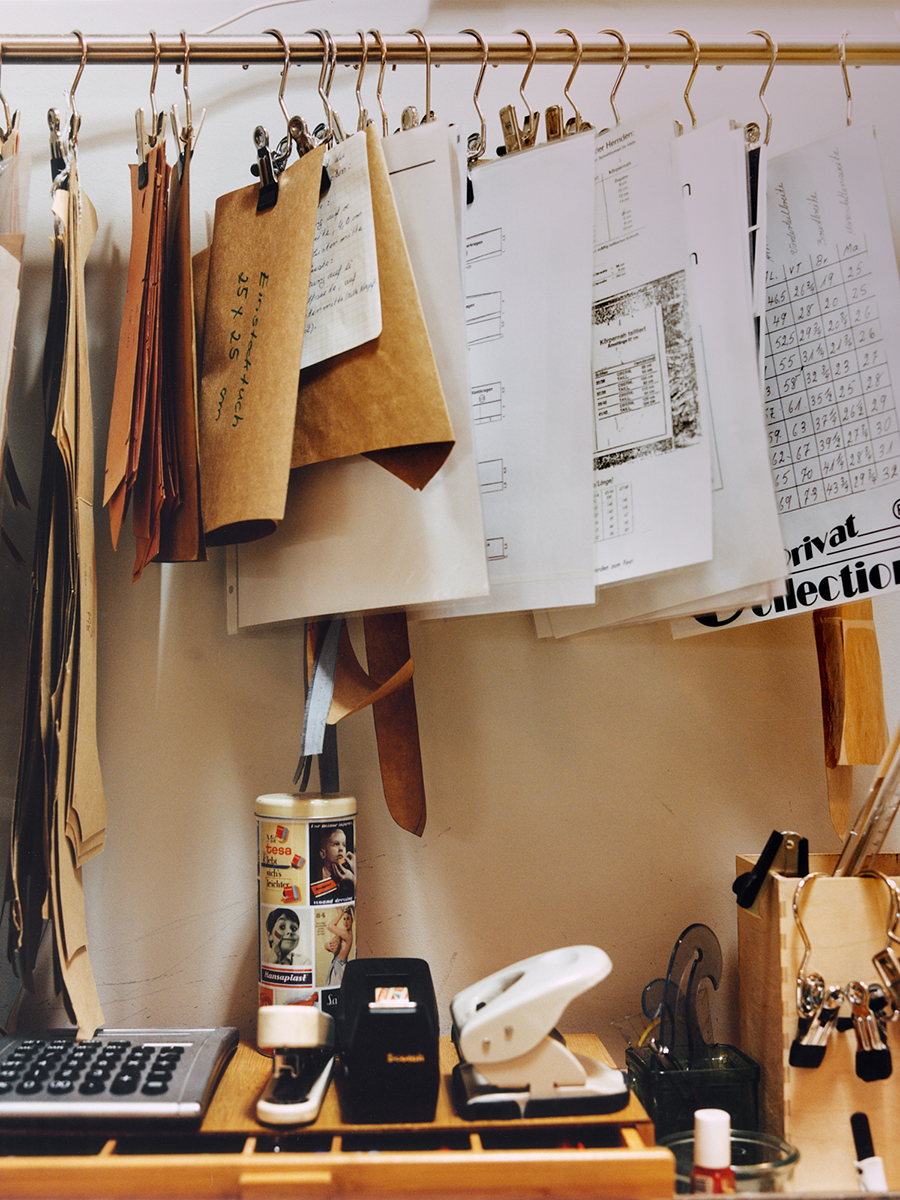
Atelier Fasan shirts start at €300 and they can cost up to €1,500 depending on the quality of cloth and amount of handwork. There is no minimum order. Each shirt made in the small workroom shows all hallmarks of a handmade bespoke workmanship. Everything is sewn by one of the seven shirtmakers Heinrich employs, and he drafts all the patterns himself. “The difference in price results from the fabric choice,” he explains. “Stripes and checks will continue from the yoke to the sleeves and over every other seam as far as possible. There are no limitations, we make a completely individual shirt.” Made-to-measure shirts are also on offer in case someone is not ready for bespoke yet. These shirts are not made in-house but Atelier Fasan has been using the same manufacturer for 30 years.
We are briefly interrupted when a smartly dressed young man enters the shop to collect three shirts. Heinrich sees the customer to the door returns with a smile: “We are very happy to have many younger customers. They are usually well informed and they often have precise ideas of the fabric they want”. Heinrich Sabielny takes a few bunches from a shelf piled high with collections of shirting fabrics. “Our customers love Thomas Mason for several reasons. One is the incredible breadth of the range, and the quality of Thomas Mason is impressive too. The poplins are always popular and our customers love the ‘Downing’ collection. Germans are not so much into bold stripes, they prefer very classic pencil stripes in light blue and white.”
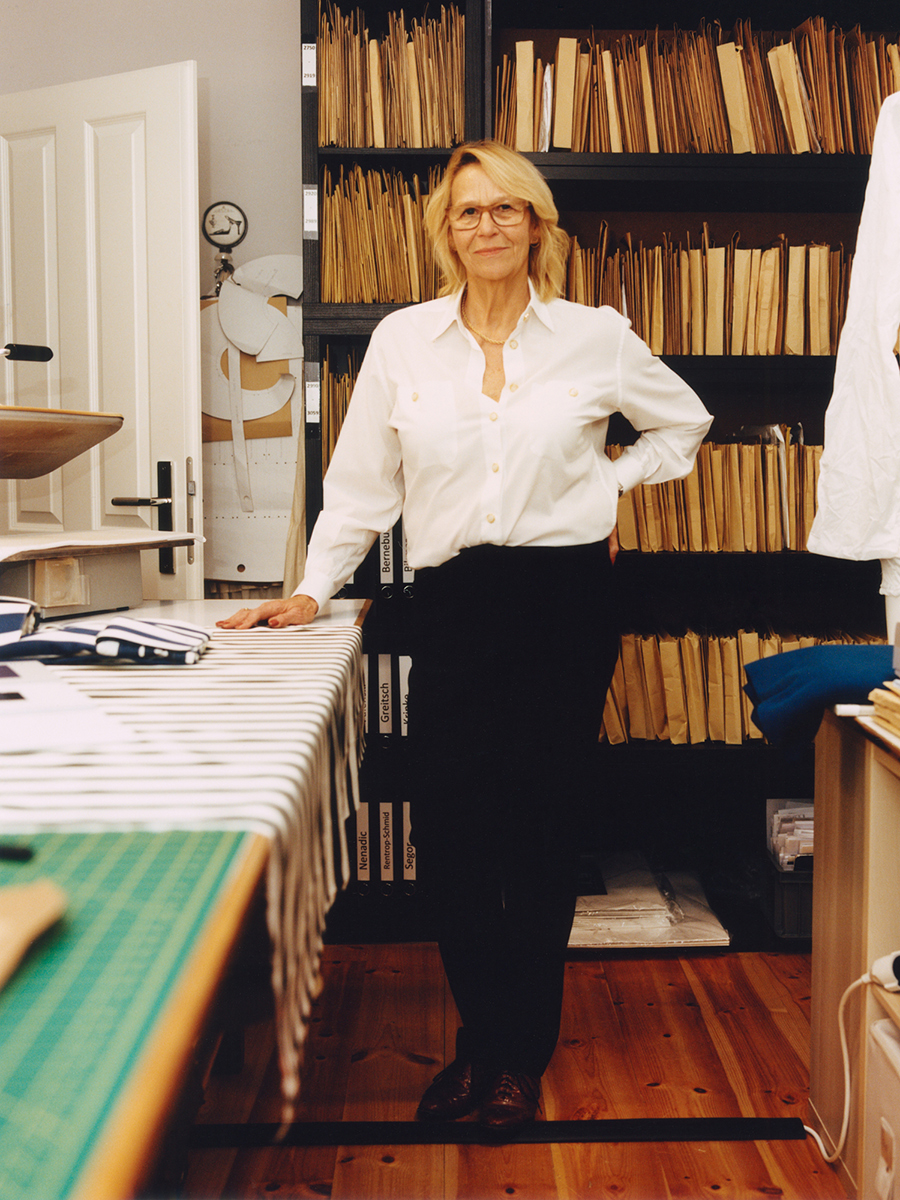
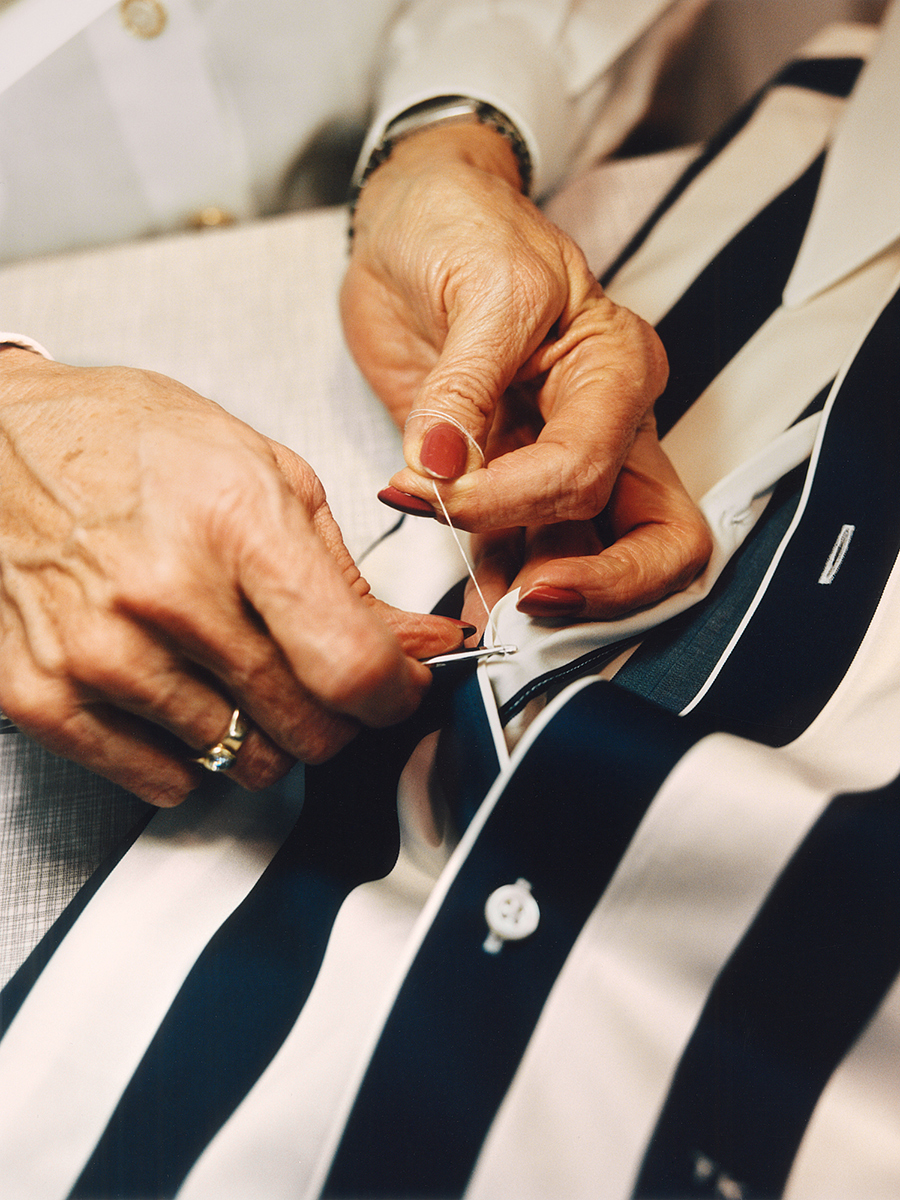
For Heinrich bespoke shirtmaking is all about individuality. “I always tell our customers that we will make a collar that suits them. We think in terms of millimetres, the height of the collar in the back and the front, the length of the points and how they are angled – everything is pure bespoke. I can always recommend a collar shape, I am happier though when a customers has a precise idea of the collar he wants. If I think it works, fine. If I have a different idea we work together until we find a consensus. A customer has to feel good in his shirt and that is all we try to achieve.”
Book an appointment with Atelier Fasan at fasan-berlin.de
(Images shot on film by Zachary Handley)
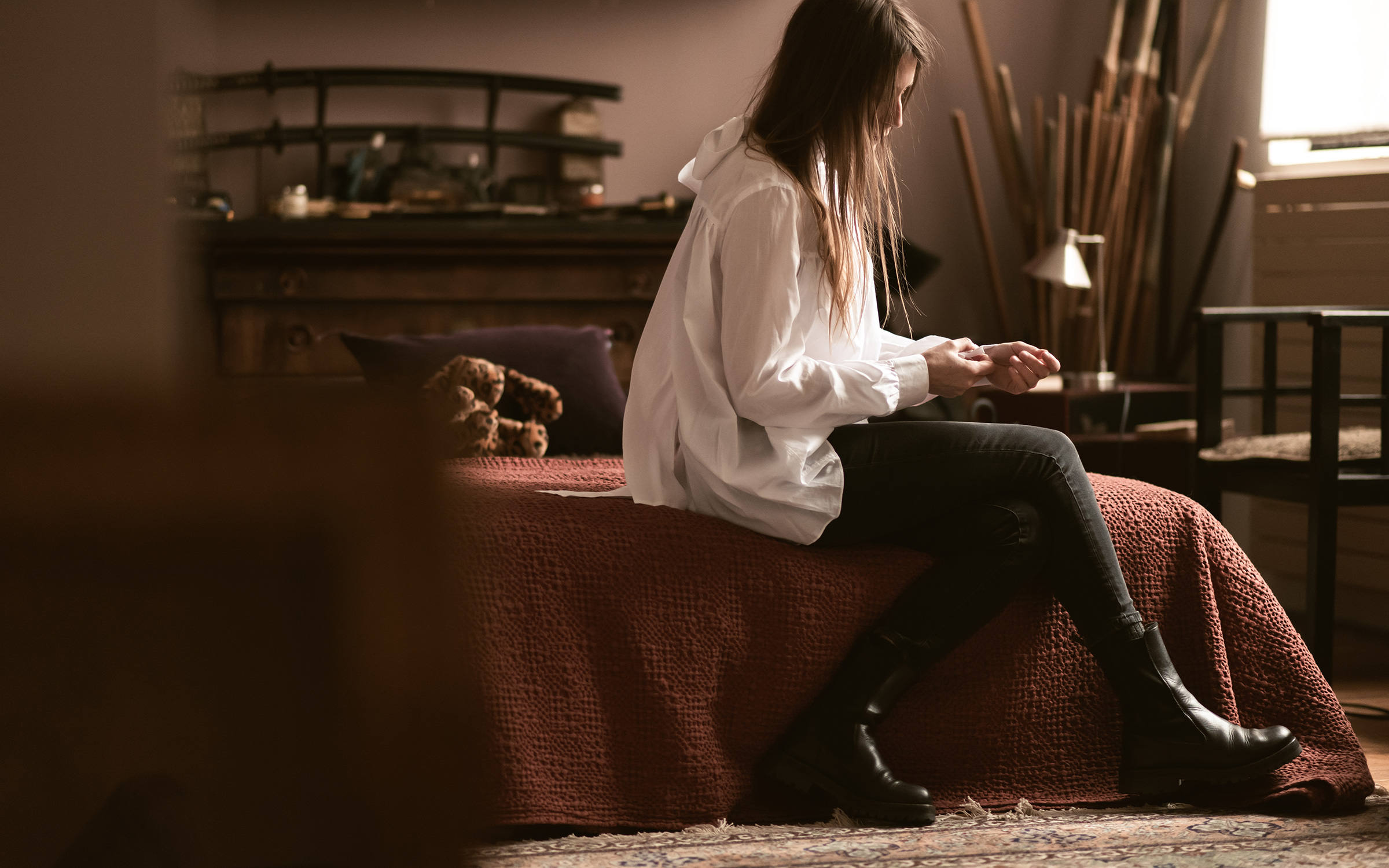
Artistic Temperament: Lucile Roy
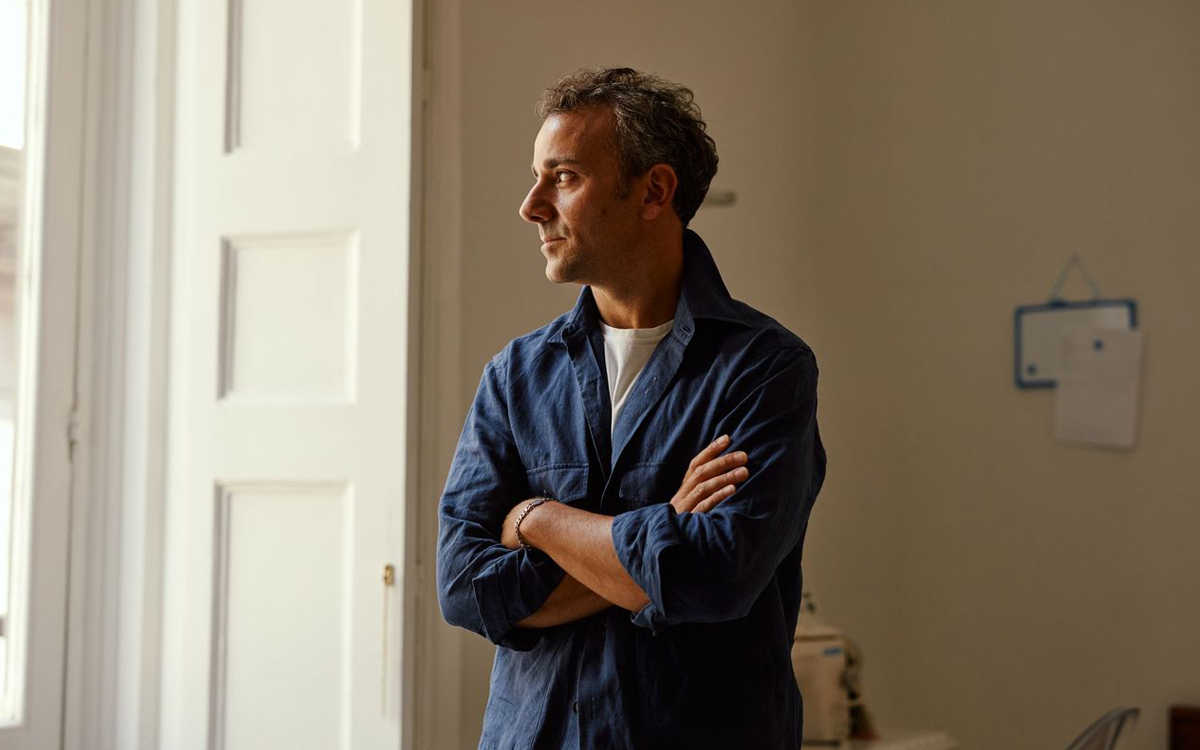
Luca Avitabile: Like Father, Like Son
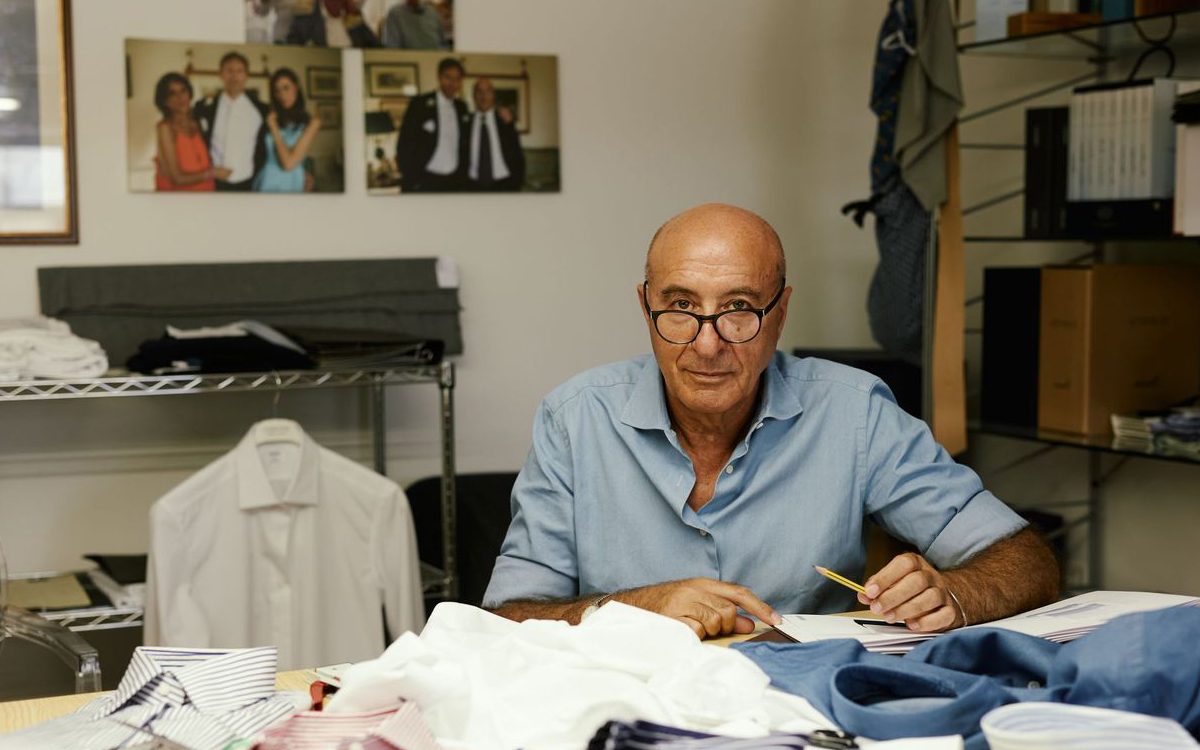
Domenico Mazzarelli: The Shirtmaker Who Should Have Made Wine
Cotonificio Albini S.p.A. - Via Dr. Silvio Albini 1, 24021 Albino (BG) – Italy
Società con unico socio - diretta e coordinata da Albini Group S.p.A.
P.I. 01884530161 - C.F. 08743540158 - Iscritta al Registro Imprese di Bergamo - REA 244649
Capitale sociale sottoscritto e versato € 11.170.960